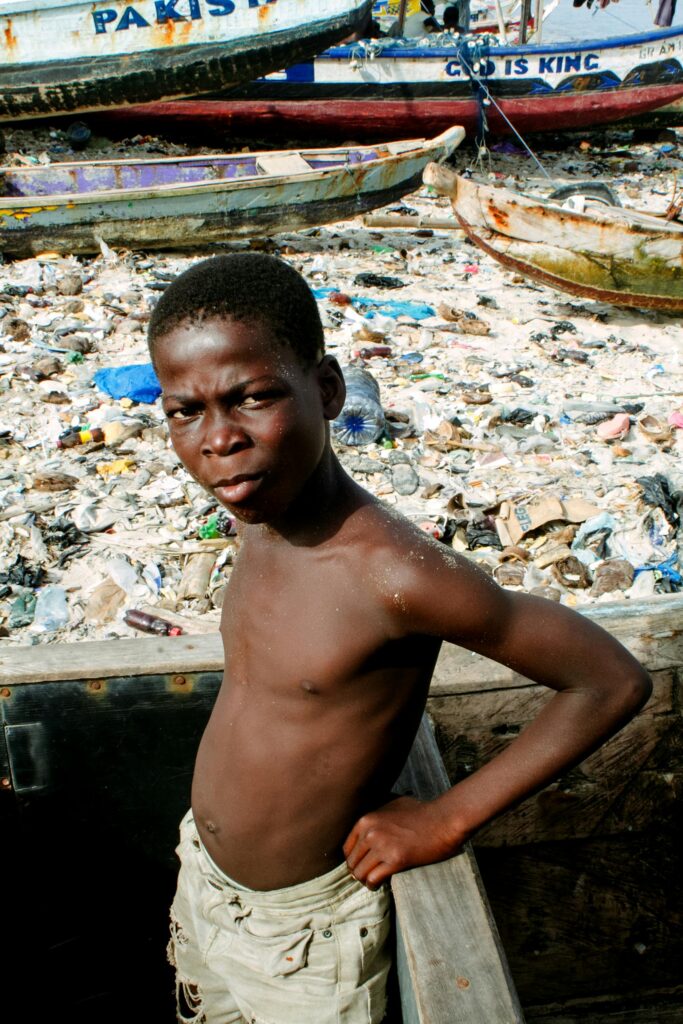Across the world — and especially in growing urban areas — waste is piling up at alarming rates. But hidden in that waste is a powerful opportunity. When managed well, waste becomes a resource that generates income, creates jobs, and improves public health.
From compost heaps to plastic recycling startups, a growing number of communities are transforming their waste management challenges into business models that work. This is the heart of the “waste to wealth” movement — and it’s changing lives.
Why Waste Is a Missed Opportunity

In many towns and informal settlements, waste collection is inconsistent or nonexistent. Plastics clog drains, organic waste rots in the open, and communities suffer from air and water pollution. Meanwhile, unemployment remains high and the economy feels distant.
But what if that trash could be someone’s treasure?
- Organic waste can become compost or biogas.
- Plastics can be recycled into construction materials, eco-bricks, or even furniture.
- Glass and metals can be cleaned, sorted, and sold.
- E-waste can be dismantled for valuable components like copper.
This is more than cleaning up — it’s building local green jobs and reducing dependence on expensive imports.
The Power of Community Recycling
Some of the most effective waste-to-wealth projects are community-driven. They often start small — a youth group setting up a compost pit, a women’s group collecting plastic bottles, or informal waste pickers organizing to negotiate better prices.
Key elements of successful community recycling projects include:
- Collection points for separating waste at source (e.g., organic, plastic, paper)
- Training on sorting, safety, and value addition
- Linking to buyers or cooperatives that process recyclables
- Small grants or loans to buy tools, carts, or protective gear
- Awareness campaigns to teach households how to sort and why it matters
These efforts often create ripple effects — cleaner streets, lower disease risk, and stronger social bonds.
Wastepreneurs: The Rise of Green Hustles
Across Africa and the Global South, a new generation of entrepreneurs — sometimes called wastepreneurs — is tapping into this space. They are building businesses around waste collection, recycling, upcycling, and resale.
Examples include:
- Turning banana peels and food waste into organic fertilizer
- Using discarded plastics to make paving blocks or school desks
- Selling cleaned, sorted recyclables to manufacturers
- Creating jewelry or crafts from metal or glass waste
- Running door-to-door waste collection services for a small fee
These businesses often require low capital to start but benefit from strong networks and consistency. With the right support, they scale — creating income not just for the founder but for others in the community.
How to Support Waste-to-Wealth Models

To truly unlock the potential of the circular economy, governments, NGOs, and businesses must step in with systems that support scale. Here’s how:
- Policy Support
Local governments should create clear waste management policies, offer licenses to informal recyclers, and ban single-use plastics. - Training and Skills
Training youth and women in recycling techniques, business planning, and marketing ensures their efforts are profitable. - Access to Finance
Start-up grants, microloans, and cooperative savings schemes help people purchase equipment or rent workspace. - Market Access
Linking local recyclers to big buyers (factories, retailers) ensures wastepreneurs aren’t exploited by middlemen. - Public-Private Partnerships
Local authorities can contract community-based groups to handle solid waste in specific areas, creating predictable income.
Climate Wins and Cleaner Streets
The environmental benefits of recycling and composting go beyond reducing waste. They help:
- Lower carbon emissions
- Reduce pressure on landfills
- Improve urban air quality
- Prevent flooding from clogged drains
- Cut the spread of disease from unmanaged waste
When waste is treated as a resource, we create a triple win: jobs, cleaner streets, and climate action.
Real Stories, Real Impact
In Nairobi, a youth group started collecting plastic bottles and selling them to a recycler. They now employ 12 young people full-time and have built a small sorting centre.
In Kisumu, a women’s group produces organic compost from food waste, which they sell to nearby farms. Their project has reduced dumping in their area and supported 30 households with steady income.
In Mombasa, an artisan turns scrap metal into home décor and school awards, selling online and at local markets.
These are not charity cases. They are business cases.
Final Remarks: Waste is Not Worthless
The future of sustainable development lies in solutions that are practical, local, and inclusive. Waste-to-wealth initiatives check all these boxes.
They empower the unemployed. They protect the environment. And they show that change doesn’t always require huge budgets — just commitment, collaboration, and a shift in mindset.
We all have a part to play. Whether it’s sorting your waste, supporting local wastepreneurs, or pushing for better policies, you can help turn trash into a tool for transformation.
Together we can nurture sustainable, fair, and hopeful communities.



